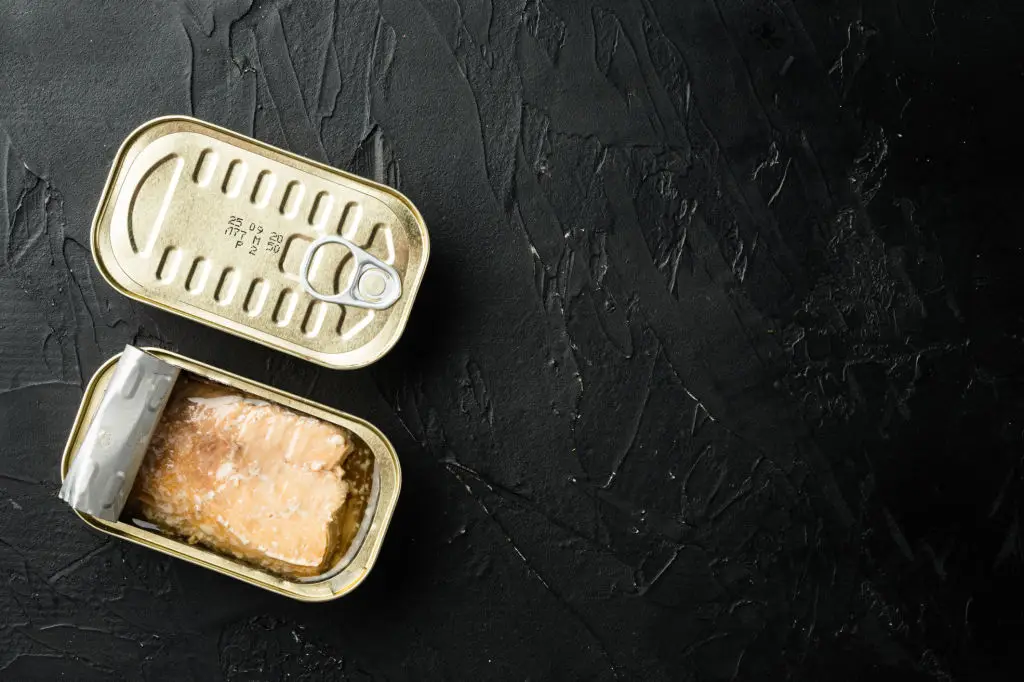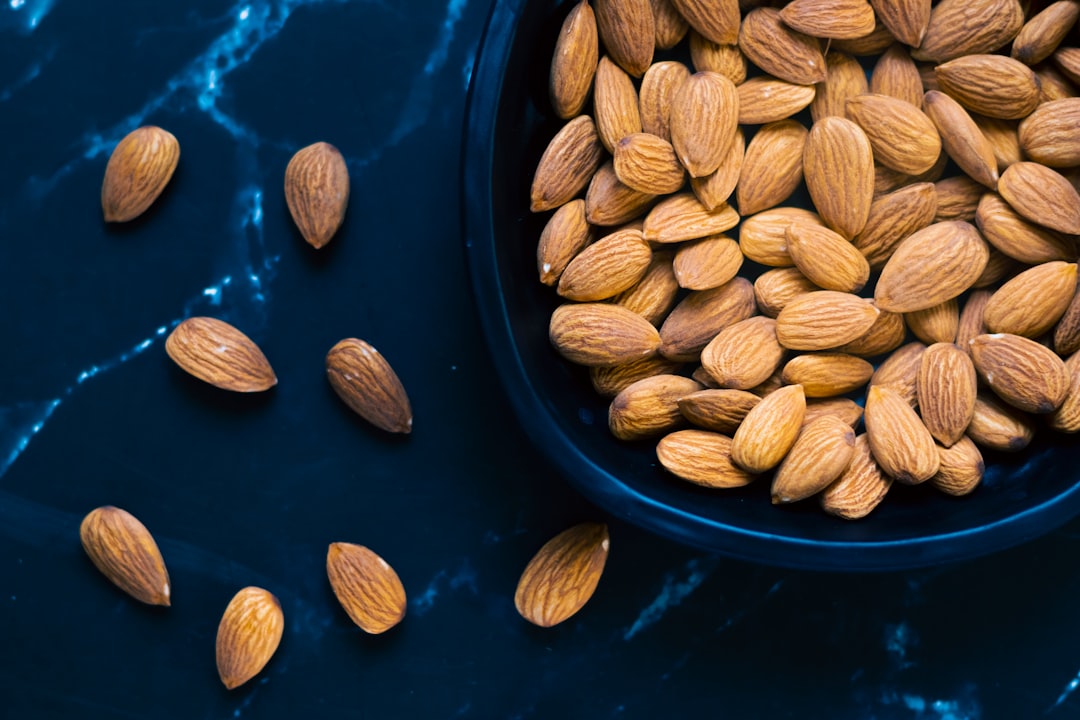11 'Healthy' Fats That Secretly Strain Your Kidneys (Beyond Avocados)
3. Canned Fish Packed in Oil or Brine

Canned fish is convenient and shelf-stable, but the packing liquid changes the nutrition profile. Oils can add calories without changing mineral counts, while brine or flavored sauces often add significant sodium. That extra sodium can raise blood pressure and make it harder for kidneys to maintain fluid and mineral balance. For people tracking potassium and phosphorus, canned seafood also tends to be more concentrated per serving than a fresh portion. To reduce risk, look for "no salt added" or "low sodium" labels and practice strict portion control. If a recipe calls for canned fish, try mixing it into larger salads or grain bowls so the overall mineral content per plate is lower. And always discuss frequent canned-fish consumption with your healthcare team to ensure it fits alongside your lab results and medication plan.
4. Almonds and Almond Products

Almonds show up in wellness headlines for their healthy fats, vitamin E, and fiber. They’re an easy snack and a popular baking ingredient. However, almonds are relatively high in phosphorus and potassium compared with some other snack choices. When someone eats multiple servings, those minerals add up quickly. For people with healthy kidneys, the body usually keeps levels in balance. But with reduced kidney function, phosphorus and potassium can rise because the kidneys filter less efficiently. Almond flour and concentrated almond products can be especially easy to overconsume because they pack a lot of nuts into small portions. If you enjoy almonds, measure servings and discuss target daily limits with a renal dietitian. Swapping in lower-potassium snacks periodically — and choosing unsalted versions to cut sodium — are simple, practical moves that retain the taste you love while protecting kidney health.
